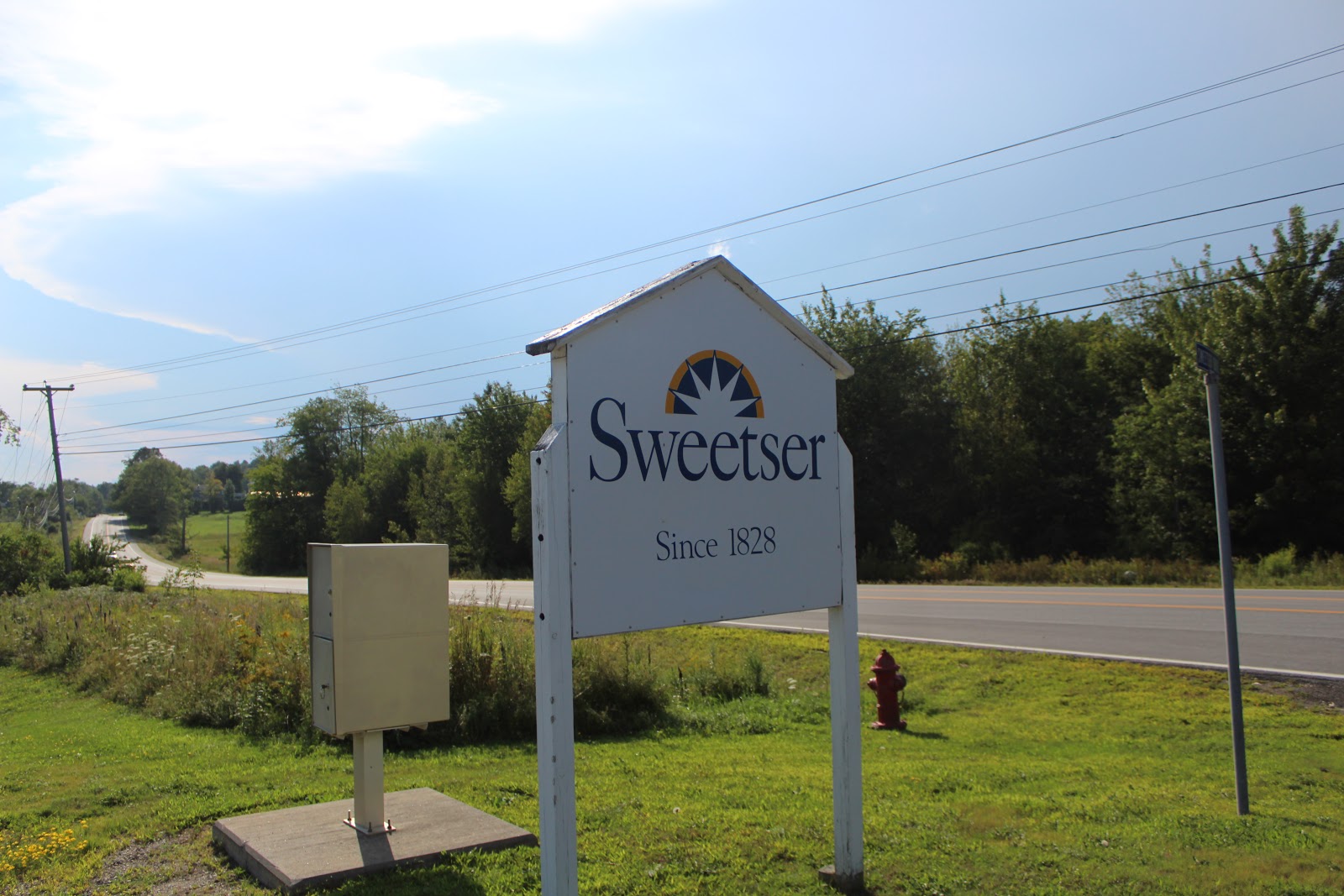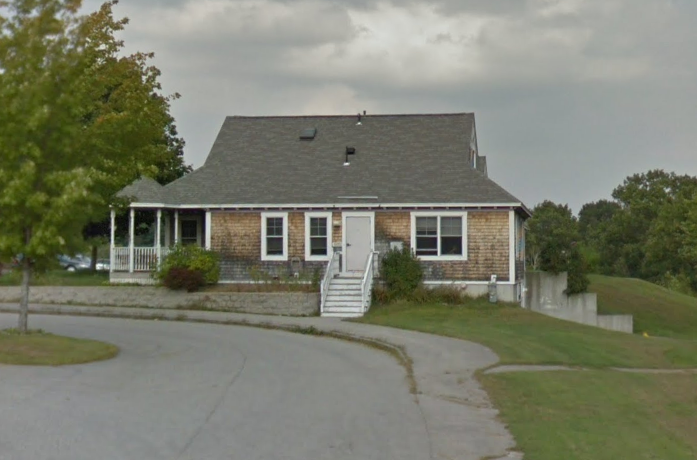Overview
Sweetser - Belfast School is an substance abuse treatment center that provides outpatient treatment for men and women from 18+ years of age. As part of their special programs, Sweetser - Belfast School treats children/adolescents with serious emotional disturbance (sed) and clients who have experienced trauma. To help patients achieve sobriety, Sweetser - Belfast School provides intake assessments. Afterward, patients receive family counseling, individual psychotherapy, and cognitive behavioral therapy during treatment. Sweetser - Belfast School is located in Belfast, Maine, providing treatment for people in Waldo County, accepting medicaid, private health insurance, and state education agency funds.
Sweetser - Belfast School at a Glance
Payment Options
- Medicaid
- Private health insurance
- State education agency funds
- Cash or self-payment
- State-financed health insurance plan other than Medicaid
Assessments
- Comprehensive mental health assessment
- Comprehensive substance use assessment
Age Groups
- Adults
- Children/adolescents
- Young adults
Operation
- Private for-profit organization
Treatment At Sweetser - Belfast School

Conditions Treated
Mental health treatment:
Mental health facilities offer a safe space for individuals to get specialized care. Trained experts create personal plans using therapies, possibly including medication. The goal is to help individuals cope better and lead fulfilling lives, with constant support and a community feel.
Substance use treatment:
Substance use rehabilitation is a comprehensive treatment approach designed to assist individuals struggling with addiction to drugs or alcohol. This form of rehabilitation addresses both the physical dependency, often starting with detoxification, and the psychological triggers, using various therapeutic methods. The objective is to empower individuals to achieve and maintain sobriety, while equipping them with the tools and coping strategies needed to reintegrate into society and lead a substance-free life.
Co-occurring Disorders:
Dual-diagnosis rehabilitation centers focus on treating individuals with simultaneous mental health and substance use disorders. The intertwined nature of addiction and mental health issues can intensify each other's symptoms, complicating recovery. These centers provide a holistic treatment strategy addressing both conditions together, often encompassing thorough evaluations, a blend of therapeutic methods, family counseling, and post-treatment care.

Levels Of Care
Outpatient:
Outpatient treatment in a rehab center offers flexible therapy sessions, typically ranging from 1-3 hours per week, allowing individuals to continue daily activities while receiving care. In contrast, intensive outpatient programs demand a more rigorous commitment, often involving 9-15 hours weekly, providing a more immersive therapeutic environment without the need for inpatient stays.

Treatment Modalities
Family counseling:
Family counseling is a therapeutic approach that addresses the dynamics, interactions, and challenges within a family unit. Through guided discussions and interventions, a trained counselor helps family members understand one another, resolve conflicts, improve communication, and strengthen their bonds. This form of therapy can be beneficial for families facing transitions, stressors, or behavioral issues, promoting understanding and facilitating positive change in the familial environment.
Individual psychotherapy:
Individual therapy is a one-on-one therapeutic interaction between a therapist and a client to address personal challenges, foster self-awareness, and promote mental, emotional, and behavioral growth. This setting provides a confidential and supportive environment for individuals to explore their thoughts, feelings, and behaviors, identify goals, and develop coping strategies. Individual therapy can be beneficial for a range of concerns, including anxiety, depression, stress management, relationship issues, and life transitions.
Cognitive Behavioral Therapy:
Cognitive Behavioral Therapy (CBT) is a form of psychotherapy that emphasizes the critical role of thinking in how we feel and what we do. It aims to identify and challenge distorted or negative thought patterns and behaviors, teaching individuals to replace them with more constructive and rational beliefs. CBT is evidence-based and has been shown to be effective in treating a variety of psychological disorders, including depression, anxiety, and phobias, among others.
Dialectical Behavior Therapy:
Dialectical Behavior Therapy (DBT) is an evolved version of Cognitive Behavioral Therapy (CBT) that aims to assist individuals in recognizing and influencing the interplay among their thoughts, emotions, and actions. DBT is particularly beneficial for those grappling with self-harming behaviors, including self-inflicted injuries like cutting, as well as suicidal ideations or tendencies. Clinically, it has shown effectiveness in managing intense emotions and conditions such as Borderline Personality Disorder.
Group counseling:
Group Counseling is a therapeutic approach where individuals come together under the guidance of a trained counselor to share experiences, offer support, and gain insights. This collective format promotes mutual understanding and growth, allowing participants to learn from one another's perspectives and challenges.
Marital/couples counseling:
Whether a marriage or other committed relationship, an intimate partnership is one of the most important aspects of a person's life. Drug and alcohol addiction affects both members of a couple in deep and meaningful ways, as does rehab and recovery. Couples therapy and other couples-focused treatment programs are significant parts of exploring triggers of addiction, as well as learning how to build healthy patterns to support ongoing sobriety.
Trauma-related counseling:
Trauma-related counseling is a specialized form of therapeutic intervention aimed at assisting individuals who have experienced distressing, life-altering events. This approach focuses on helping clients process their traumatic experiences, develop coping mechanisms, and rebuild a sense of safety and trust. Counselors trained in trauma therapy use evidence-based techniques to support healing and resilience, ensuring survivors can move forward and lead fulfilling lives despite their past adversities.
Ancillary Services
Languages
- Sign language services for the deaf and hard of hearing
Special Programs
- Children/adolescents with serious emotional disturbance (SED)
- Clients who have experienced trauma

Additional Locations
Contact Information
DISCLAIMER: The facility name, logo and brand are the property and registered trademarks of Sweetser - Belfast School, and are being used for identification and informational purposes only. Use of these names, logos and brands shall not imply endorsement. BetterAddictionCare.com is not affiliated with or sponsored by Sweetser - Belfast School.



